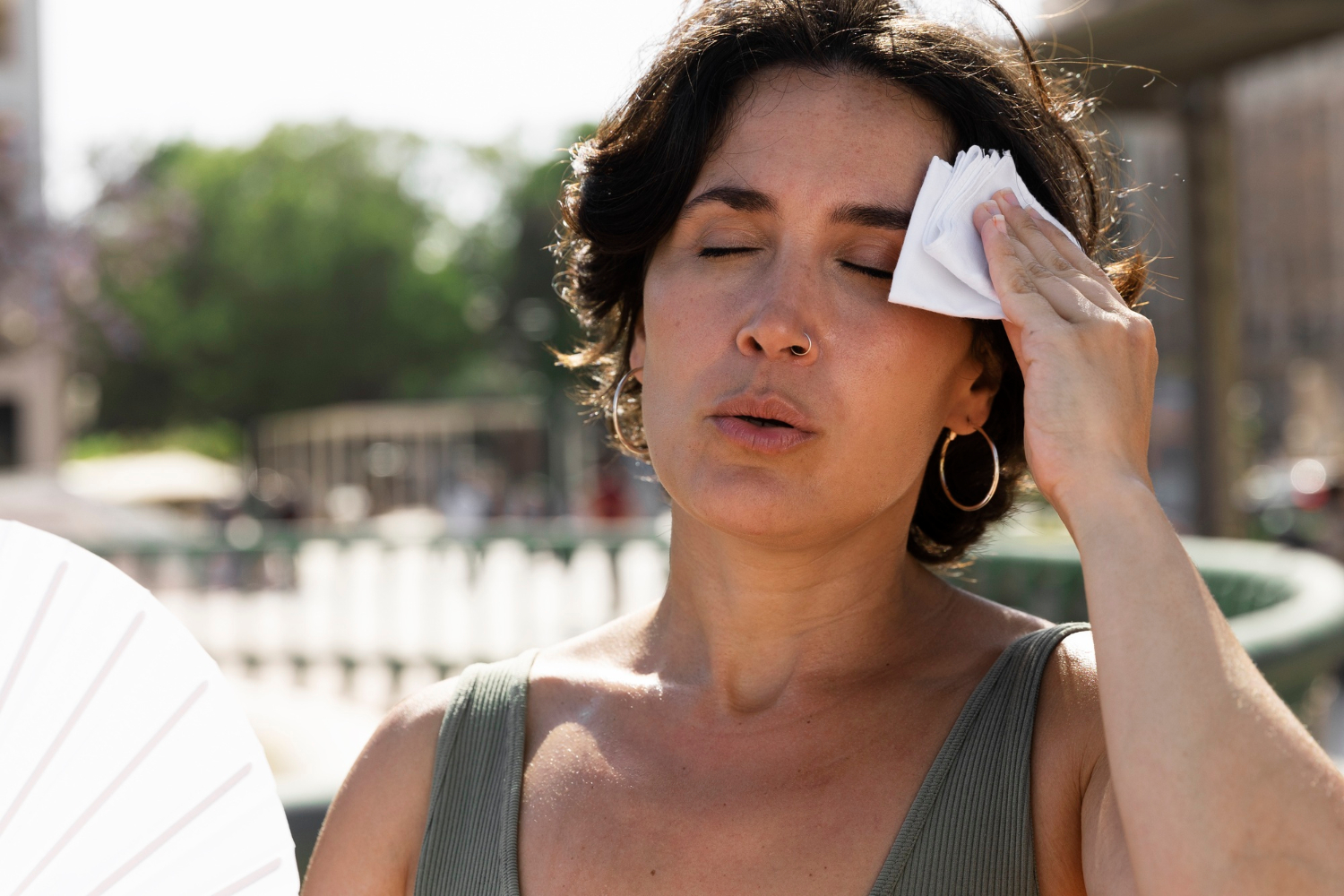Over the recent years, summers in Rome have become more intense. The sun seems to be getting hotter and stronger, bringing along dangerous heatwaves. This has raised concerns for tourists, especially those travelling with kids and family.
Heatstroke is one of the more severe risks of excessive heat. It is not just about discomfort. It can lead to emergency hospitalisation and even death. And with temperatures in Rome now reaching well over 40°C, along with a rise in heatstroke cases, many people are beginning to wonder if taking a family trip is safe or risky.

One of the main reasons heatstroke cases are rising in Rome is the changing climate. Each year, the heat seems to come earlier, last longer, and feel more intense. In 2025, parts of Italy reached temperatures above 42°C, and Rome itself often stayed above 38°C for several days in a row.
Another big factor is humidity. When the air is very humid, the body struggles to cool itself down, which can quickly lead to overheating. Tourists who are not used to this kind of weather often underestimate how fast it can affect them.
On top of that, some visitors are not used to very high temperatures. Travellers coming from some countries may not realise how strong the sun can be in Italy. For children, the elderly, and people with health problems, this combination of heat and physical strain can also quickly lead to heatstroke.
In the past few summers, Rome has seen a noticeable increase in heat-related illnesses. Local hospitals have reported more people being treated for heat exhaustion, dehydration, and heatstroke than ever before. It has become a serious medical emergency that can affect anyone, especially tourists who aren’t used to the strong heat.
In July 2025, Italy’s hospitals saw up to a 20% increase in emergency visits linked to extreme heat. Cities like Rome were placed under several “red alert” warnings, which means the weather was considered dangerous even for healthy people.
Similar trends were seen in 2024, when hospitals across major Italian cities, including Rome, reported a rise in people seeking treatment for heatstroke and fainting during long heatwaves. The same goes for tourist sites in Rome, such as the Colosseum and St. Peter’s Square, which have also seen more people fainting or needing help from staff during peak heat hours.
All of this shows a clear pattern. What used to be rare cases of heat exhaustion have now become a common problem.
The rising heat in Rome doesn’t necessarily mean families should cancel their trips. However, it does mean that extra care is needed. If you are especially travelling with young children, elderly relatives, or anyone with health issues, you should plan more carefully.
Most of the risk comes from spending too much time outdoors during midday, when the sun is the strongest. Walking tours, long queues at attractions, or exploring open spaces like the Roman Forum can also become dangerous under high temperatures. Even healthy adults can suffer from dizziness, nausea, or dehydration if not careful.
However, with good planning, family trips can still be safe and enjoyable. Simple steps, such as drinking plenty of water, wearing light clothing, using sunscreen, and taking breaks indoors, can make a big difference.
Tourists should also try to plan outdoor activities early in the morning or later in the evening when it’s cooler. Indoor sites like museums, cathedrals, and restaurants can be great places to rest during the hottest hours.
So, while the rising heat does make Rome more challenging to visit in summer, it doesn’t necessarily mean it is unsafe. All you need is to be aware of the risks, take precautions, and adjust your plans accordingly.
Rome is still one of the most beautiful cities in the world. And while its rising summer temperatures are a real concern, families can still enjoy their trips safely. If you are planning to travel, make sure you are up to date with weather reports and stay alert at all times. With the right precautions and proper planning, you can still enjoy your dream summer trip.


If you want the latest information on the best Hotel Executive Club Lounges, Hotel Kids Clubs and other travel information, be sure to sign up for our free newsletter full of tips and great travel ideas.